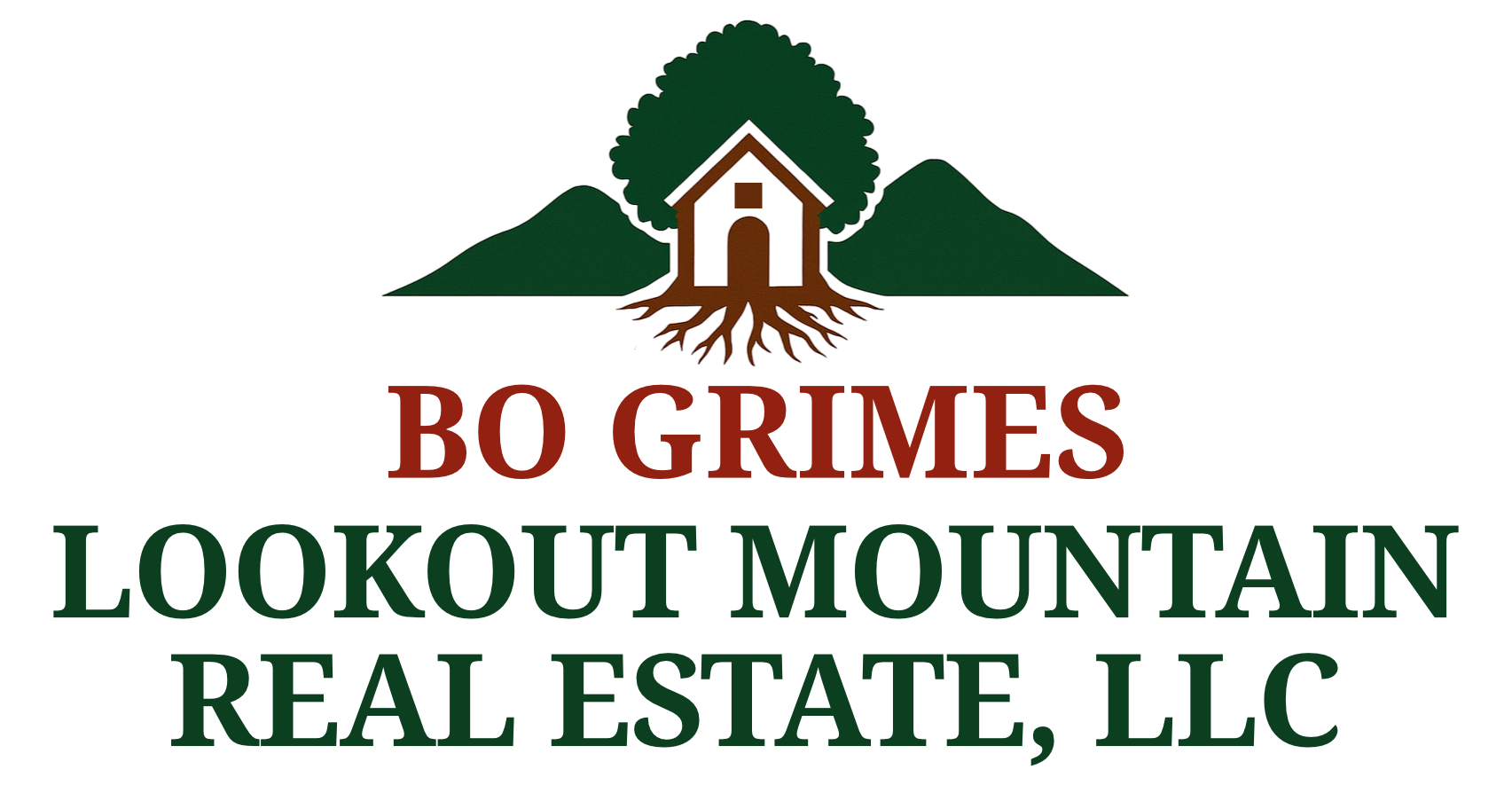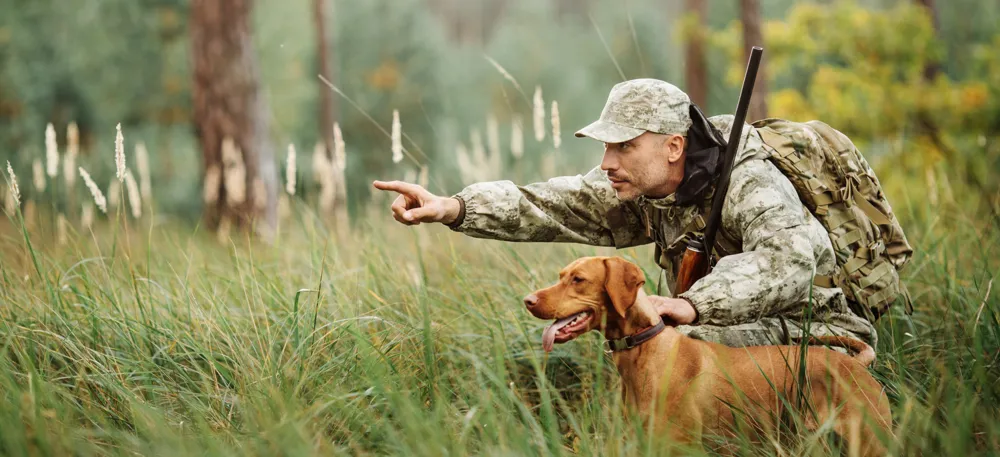Georgia offers some of the best opportunities in the Southeast for hunting and outdoor recreation. From deer and turkey to waterfowl and small game, the state’s diverse landscapes make it a prime destination for sportsmen. If you’re considering investing in Hunting Land or Recreational Land, it’s important to know what features make a property valuable. Whether you’re exploring listings in rural counties or scenic areas like Lookout Mountain Real Estate, here are the five most important things to look for before making a purchase.
Location and Wildlife Population
The success of a hunting property starts with location. In Georgia, counties in the Piedmont and northern regions are especially well-known for deer and turkey populations, while southern areas provide excellent waterfowl and quail hunting. Choosing a property near managed wildlife areas or existing hunting leases often increases the chances of consistent game. Buyers working with experienced professionals like Bo Grimes can narrow their search to regions with proven wildlife activity, ensuring the land delivers long-term value.
Timber Value and Income Potential
Many hunting tracts in Georgia also double as timber investments. Mature hardwoods and managed pine stands not only attract wildlife but also create opportunities for future income. Properties with a healthy mix of forest age classes provide both habitat diversity and long-term returns. For buyers interested in Rural Land or Farm Land that can generate income, evaluating timber value should be a key part of the decision.
Access and Easements
Even the best hunting property loses appeal if it’s difficult to reach. When buying Hunting Land in Georgia, confirm there is legal, deeded access rather than relying on a neighbor’s goodwill. Good internal roads and trails also make it easier to manage the property, set up stands, and transport equipment. Without proper easements and access points, landownership can quickly become frustrating.
Safety and Surrounding Land Use
The surrounding environment matters as much as the land itself. Adjacent farms, subdivisions, or industrial tracts can affect wildlife movement and safety. Ideally, hunting property is bordered by large tracts of timber, farmland, or conservation land. This creates a buffer that encourages wildlife to stay on your property and ensures safer hunting conditions. Professionals like Bo Grimes who specialize in Georgia Real Estate can provide valuable insight into how neighboring properties impact land value.
Long-Term Potential
Finally, look for land that offers flexibility and future growth. Many buyers start with hunting as their main goal but later decide to add cabins, food plots, or even convert part of the property into income-producing farmland. Parcels that are zoned appropriately and have access to utilities provide more options down the road. This is especially important for buyers who want their Recreational Land investment to also serve as a family retreat or long-term asset.
Final Thoughts
Hunting land is more than just a weekend getaway—it’s an investment that can provide recreation, income, and appreciation over time. Georgia’s mix of Rural Land, Farm Land, Hunting Land, and Recreational Land makes it one of the best states to own property for outdoor lifestyles. With careful consideration of location, access, and long-term value, and guidance from professionals like Bo Grimes, buyers can secure land that delivers enjoyment and financial security for years to come.


